Study
The discipline covers a range of issues related to the operation and maintenance of tomographic systems, the diagnosis of malfunctions by characteristic, the analysis of image artifacts, the planning of the research protocol and its impact on quantitative characteristics, the calibration of subsystems and the maintenance of MRI.
The purpose of this course is to familiarize students with the features of radiation diagnostic methods, types of errors, noise sources, stages of MRI maintenance. Students analyze clinical studies obtained on various equipment, identify the effect of the protocol on image weighting, spatial resolution, and signal-to-noise ratio. Particular attention is paid to the effect of protocol parameters on image artifacts, the systematization of their attributes, and methods for improving image quality. We consider quality control programs for equipment specifications recommended by ACR and major equipment manufacturers.
Radiation diagnostic methods: techniques, protocols, accuracy
Scan Settings and Image Features
Changing image characteristics using post-processing methods
Features of protocols for various systems.
Assessment of the quality of the study, qualitative and quantitative criteria
Control of parameters of magnetic systems
Resolving methodological errors
Analysis of images with artifacts caused by physical phenomena, methodological errors
Hardware Diagnostics
Image analysis with artifacts caused by equipment malfunctions
Certification. ACR Recommendations
Controlled characteristics and elements of phantoms
Scheduled Maintenance Program
Study Protocol Planning
Installation of MRI tomograph, calibration
Cercignani M., Dowell N.G., Tofts P.S. (eds) Quantitative MRI of the Brain. Principles of Physical Measurement. 2nd ed. CRC Press, 2018. 342 p.
McRobbie D.W., Moore E. et. al. MRI from picture to proton. Cambridge, 2003.
MRI quality control manual. ACR, 2001.
Guy D., Fytche D. An Introduction to The Principles of Medical Imaging. London: Imperial College Press, 2005. 374 p.
Hajnal J..V., Hill D.L.G., Hawkes D.J. Medical Image Registration. CRC Press, 2001. 382 p.
Magnetic resonance - technology information portal. URL: http://www.mr-tip.com
Assignments:
It is necessary to do laboratory work:
- Comparative analysis of clinical studies;
- Image modeling of a phantom for scanner parameters control (more than two parameters);
- Analysis of the clinical protocol and its effect on image parameters;
- Artifact modeling.
During seminar classes, students discuss the practice problems in class.
Grading policy:
- The final mark for the course is based on the marks for the laboratory tasks (60%) and exam (40%).
- intermediate attestation is based on classroom attendance and 50% of laboratory tasks.

